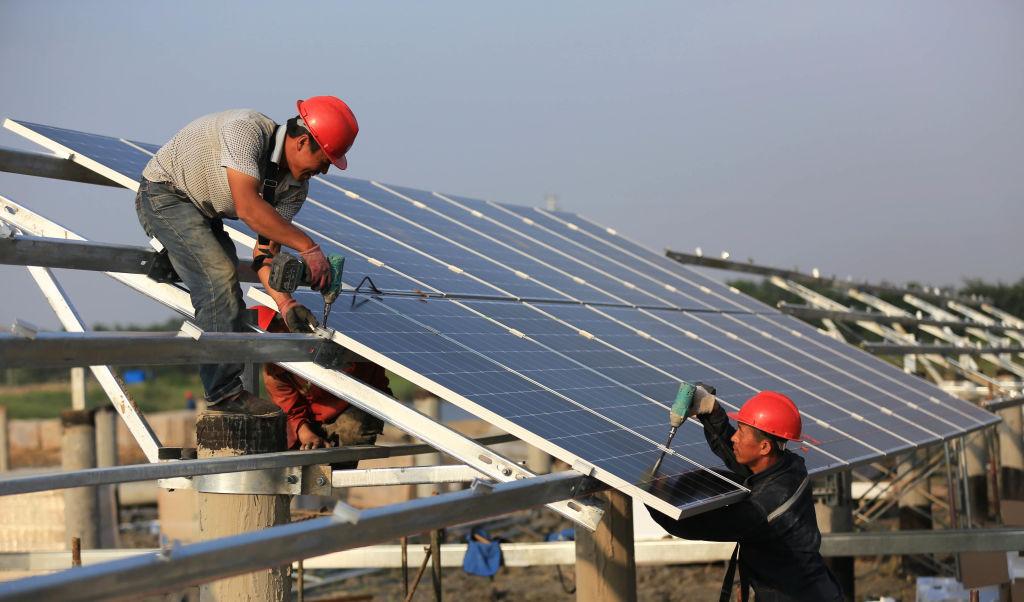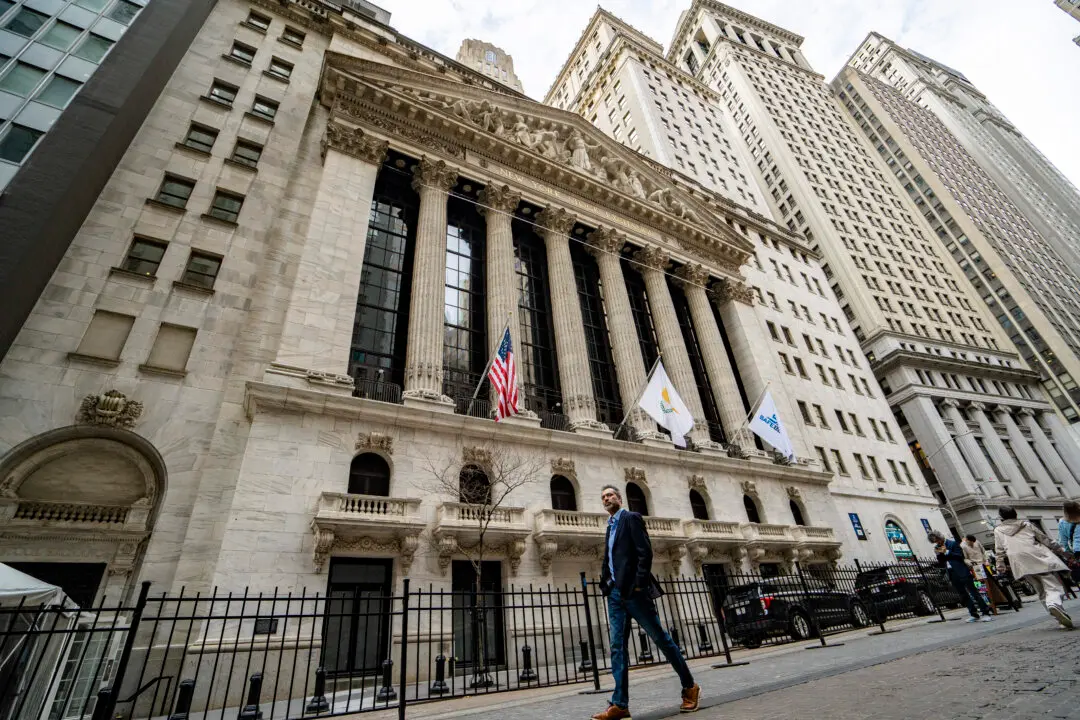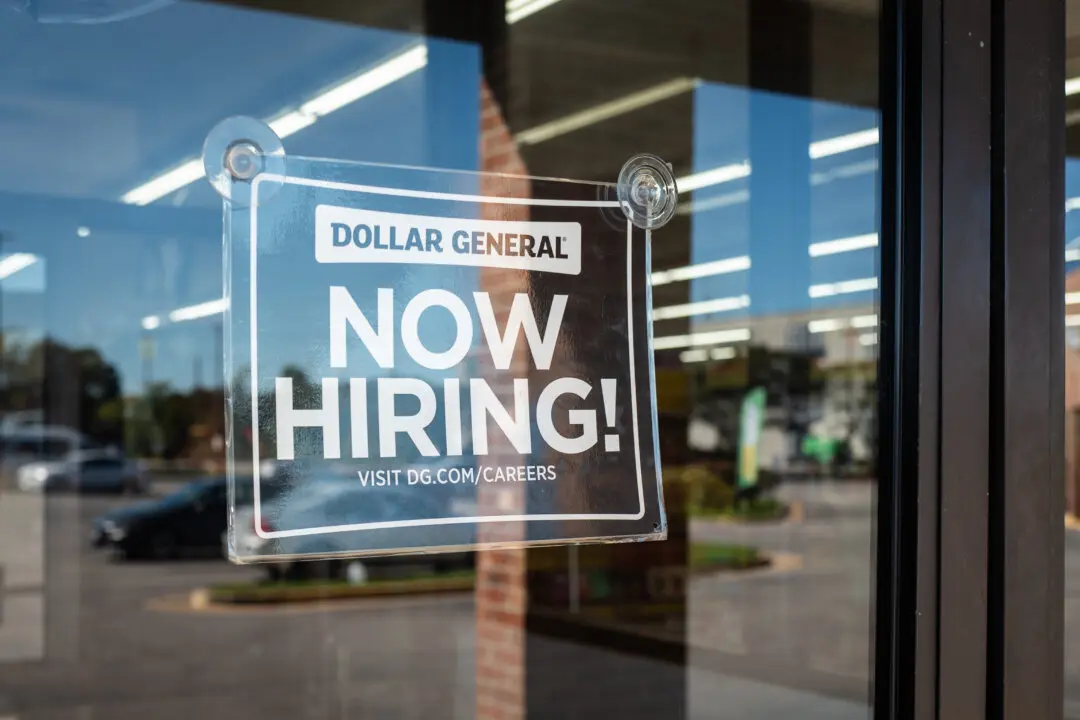President Joe Biden has authorized an emergency declaration to suspend tariffs on solar panels produced in four Southeast Asian countries for 24 months.
The White House described it as a “bridge” to temporarily permit cheap foreign solar panels to enter the U.S. market while simultaneously supporting the domestic solar manufacturing sector.





